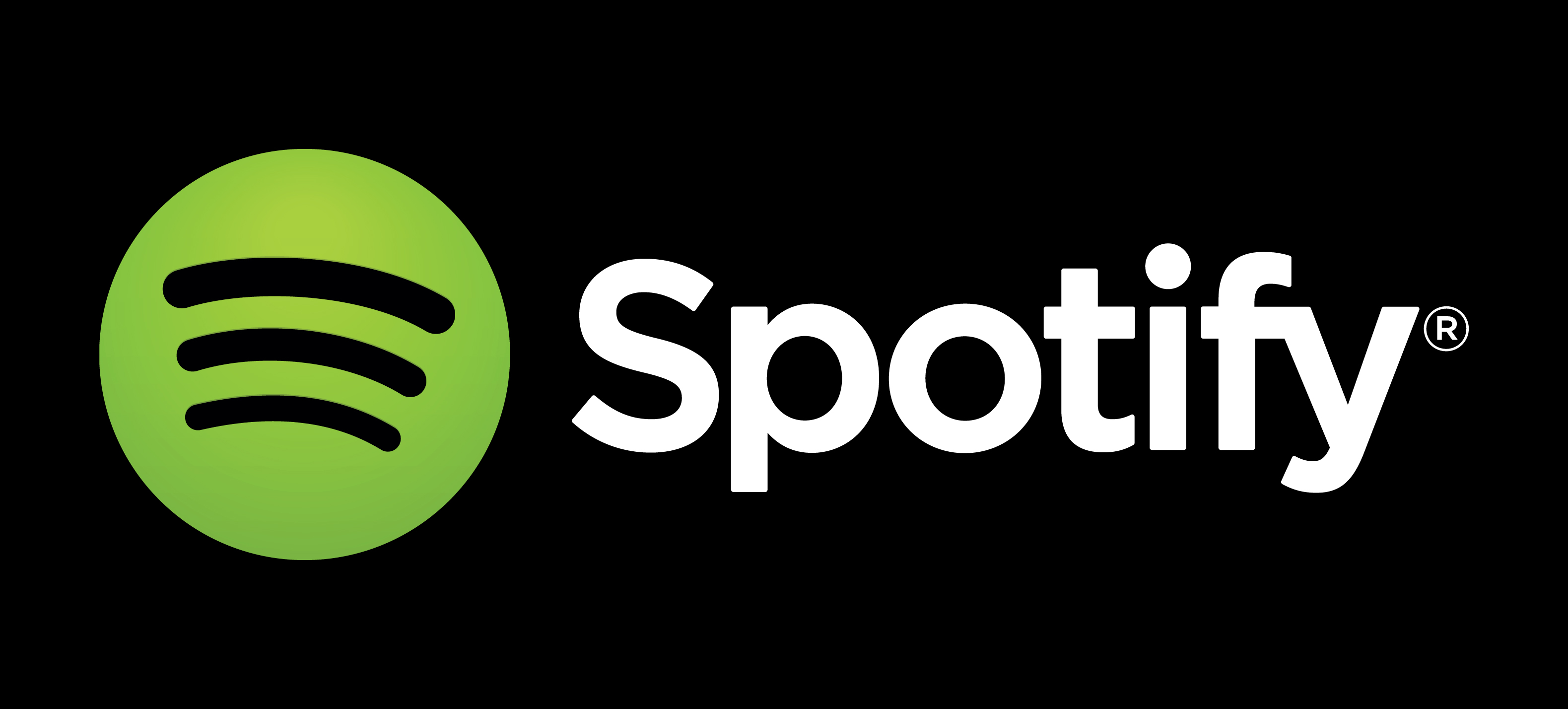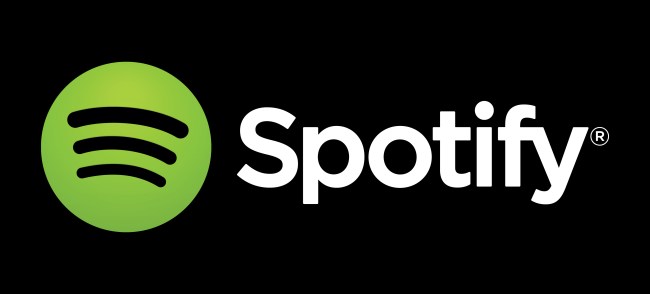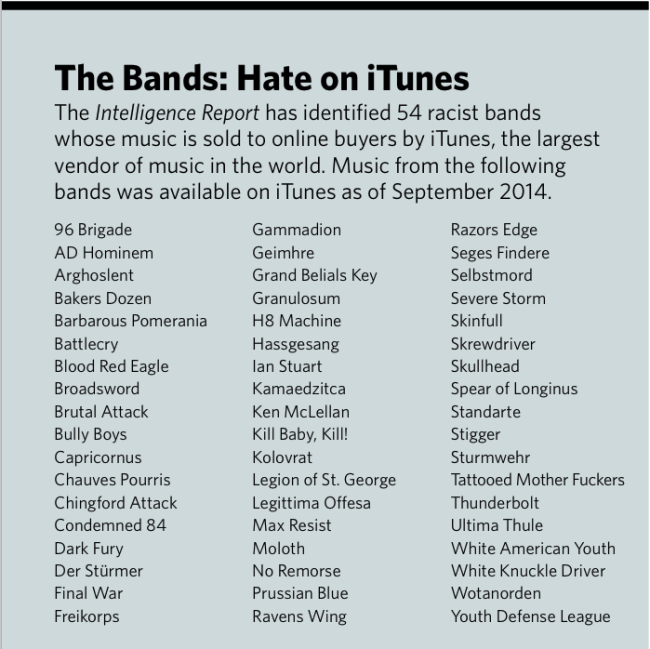Spotify Boots Racist Hate Bands, Making Me Glad I Don’t Have to Switch Music Streaming Services


The beautiful thing about free speech is that everybody gets it, and no individual or private company owes anyone a platform. Spotify is the latest company that is exercising its free speech by not giving the hate music of white supremacy a safe haven.
Spotify has a lot of major-label players when it comes to the music it offers, but it also provides a platform for more independent artists to sell their music, which is great 99% of the time. Sometimes, some heinous stuff slips through the cracks and it’s difficult to keep track of. However, it’s good to know that when this happens, and Spotify comes to know about it, they take swift action to shut it down.
Three years ago, in response to iTunes’ music catalog, the Southern Poverty Law Center published an article on all the white supremacist bands that were selling music on iTunes—54 total—and were examining the fact that just when these bands were starting to die along with traditional music release and flagging concert sales, a service like iTunes provided a lifeline by allowing these bands a platform through which they could sell their music, making money that directly supports the white power movement.
Spotify was not immune then. In this Pando article from the same year, writer David Holmes also checked out Spotify to see what the hate music situation was over there. Of the 54 bands that the SPLC identified at iTunes, 33 of them were found at Spotify. When asked about it, Holmes was relieved to learn that, at the very least, the Swedish company had a metric in place for banning hate music. Spotify said in a statement then:
“We take this very seriously. Content (artists and music) listed by the BPjM in Germany (Bundesprüfstelle für jugendgefährdende Medien/Federal Department for Media Harmful to Young Persons) is proactively removed from our service. We’re a global company, so we use the BPjM index as a global standard for these issues. Other potentially hateful or objectionable content that is flagged by uses or others but not on the BPjM list is handled on a case by case basis.”
However, another article was needed three years later to get them to take further action. A couple of days ago, Digital Music News posted an article about finding 37 hate bands on Spotify. Again, the response from Spotify was swift. They said in a statement:
“Spotify takes immediate action to remove any such material as soon as it has been brought to our attention. We are glad to have been alerted to this content — and have already removed many of the bands identified today, whilst urgently reviewing the remainder.”
Music streaming service Deezer also reached out to DMN to assert its commitment to fighting white supremacy, saying:
“Deezer does not condone any type of discrimination or form of hate against individuals or groups because of their race, religion, gender or sexuality. We are in the process of swiftly and actively reviewing the content on our platform and have begun and will continue to remove any material that is in any way connected to any white supremacist movement or belief system.”
White supremacy is getting more bold, but this does not mean that they should ever be legitimized, artistically or otherwise. It’s certainly difficult to provide a platform for both mainstream and independent artists without questionable independent artists sneaking in through the cracks. What matters is that these platforms take quick action once they know about them and quash them as if they’re playing some kinda Racist Whack-a-Mole.

SPLC’s list of 54 racist hate bands from their 2014 article.
You know what else matters? All of us. Consumers of pop culture. Spotify took action because websites in their industry wrote about finding hate music there. Companies might be unaware of what’s going on, so it’s up to us to be vigilant, speak up and, to use NYC subway parlance, if you see something, say something.
White supremacy will only be destroyed if all of us do our part to say Not here. Not in my house.
(via The A.V. Club, image: Spotify)
Want more stories like this? Become a subscriber and support the site!
—The Mary Sue has a strict comment policy that forbids, but is not limited to, personal insults toward anyone, hate speech, and trolling.—
Have a tip we should know? [email protected]